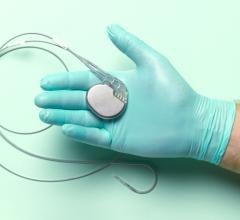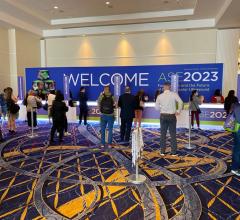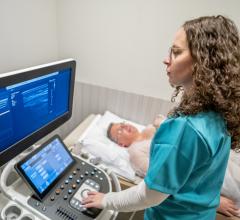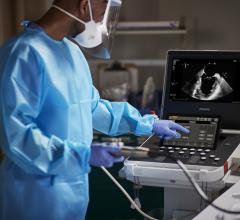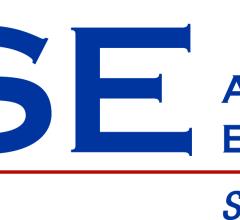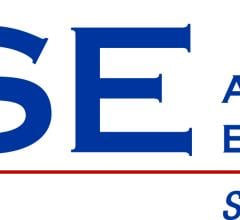
Getty Images
October 5, 2022 — The American Society of Echocardiography (ASE) is targeting its research funding over the next five years to help solve some of the mysteries around the early detection of a common form of heart failure. ASE is one of the key partner organizations in a joint research initiative that aims to identify more precise treatment strategies for patients suffering from heart failure with preserved ejection fraction (HFpEF).
The Accelerating Medicines Partnership Heart Failure (AMP HF) Program will utilize more than $37 million in funding from private and public collaborators—which includes ASE—to better diagnose and develop treatment options for HFpEF and improve the outlook for millions of patients around the world. The Foundation for the National Institutes of Health (FNIH) and the National Heart Lung and Blood Institute (NHLBI) at the National Institutes of Health (NIH) will facilitate the program over the next five years.
“One of ASE’s current strategic goals is to focus our efforts where they are most needed,” says Stephen H. Little, MD, FASE, FRCPC, FACC, ASE’s 2022-2023 Board of Directors President. “The Society is proud to support research projects like AMP HF because of the great promise the findings can have in advancing the field of cardiovascular ultrasound and improving patient care.”
HFpEF is a common form of heart failure that is difficult to detect. It is often deadly, with a five-year survival rate of just 35-40%. In addition to a high risk for mortality, patients with HFpEF live with declining quality of life and poor capacity to perform tasks of daily living.
The AMP HF Program will advance the understanding of HFpEF using two complementary and integrated research components: analyzing existing HFpEF datasets, sourced from public and private sector funded studies, and initiating a new clinical trial to confirm retrospective findings in an observational cohort with a goal to develop a framework for new precision treatments.
“Echocardiography is a specialty that already plays a significant role in diagnosing heart conditions, and we look forward to continuing to learn how echocardiographic screenings can be used in understanding the many still unanswered questions about HFpEF,” says Judy Hung, MD, FASE, who is a cardiologist with Massachusetts General Hospital and an ASE past president.
“Research shapes the future of medicine, and ASE is honored to be among some of the largest and most innovative biomedical partners contributing to this important initiative,” Dr. Hung added.
ASE’s charitable arm, the ASE Foundation, provides support for initiatives that are not funded by membership dues—such as training scholarships and scientific research. In the last 25 years, the Society and its Foundation have contributed more than $7.3 million to cardiovascular health research.
For more information: www.asecho.org

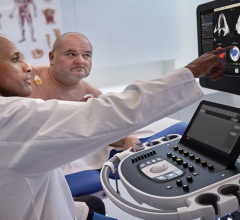
 June 12, 2024
June 12, 2024 

